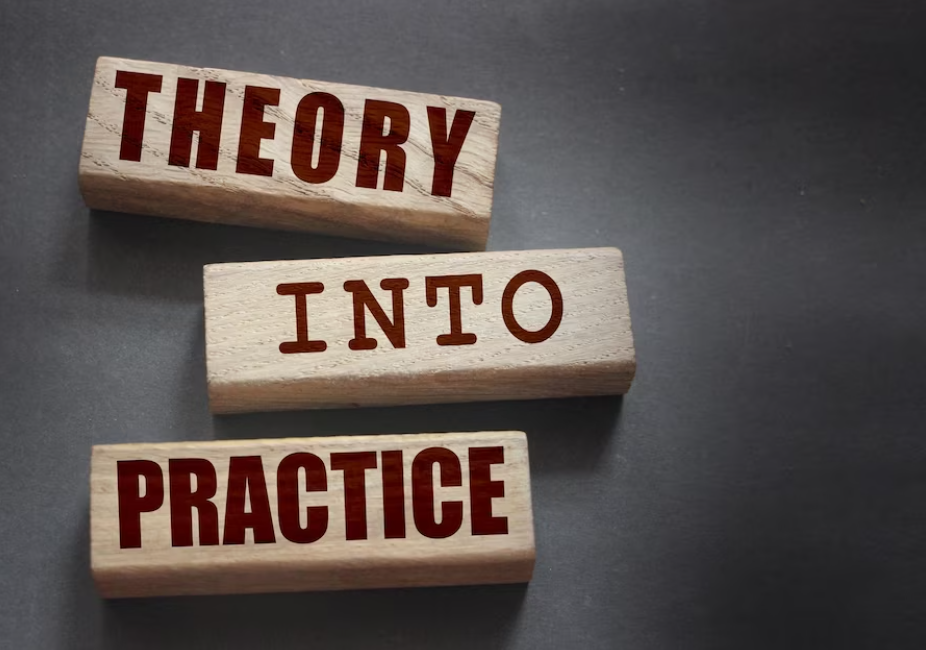Evidence-Based Coaching is the process that aims to bring changes to the thoughts, to the emotions and to the behavior of a person with the purpose of assisting them achieve their goals and have the desired outcomes.
It is a systematic approach and practice of understanding and addressing the needs of the coachee having as base evidence-based and effective methods.
The particular coaching approach is a derivative of systematic business consulting as well as psychotherapy. This fact results to long-lasting changes thus there is long-term success both in personal and professional life of an individual.
One of the most important benefits of Evidence-Based Coaching is that it provides the coaching process with a more objective and measurable approach. The coach may easier track the progress of the coachee and measure the effectiveness of the coaching interventions. Therefore, the coach is able to easily adapt the approach and the models to the needs of the coachee.
The role of the coach in this process is to contribute to the increase of self-awareness of the coachees. Along with self-awareness comes the new mentality that assists the coachees to realise that they are not binded by thoughts or restrictive beliefs. What distincts Evidence-Based Coaching from other coaching types is the knowledge over the theories, the models and the relevant support tools that the coach is familiar with. The coach combines the different tools and methods adjusted to each coachee and to each goal. Therefore, it is easily understood that the structure of an evidence-based coaching session is brought by the coach and its content by the coachee.
In summary, evidence-based coaching uses scientific research to guide coaching interventions, leading to better outcomes for clients. It is a client-centered approach that prioritizes the integration of empirical evidence with the coach's expertise and the client's needs to promote positive change.
Sources:
1. Douglas, C. A., & McCauley, C. D. (1999). Formal developmental relationships: A survey of organizational practices. Human Resource Development Quarterly, 10(3).
2. Grant, A. M. (2003). What is evidence-based executive, workplace, and life coaching? Keynote address presented at the First Evidence-Based Coaching Conference, University of Sydney, Australia, July 2003.
Image by Freepik










